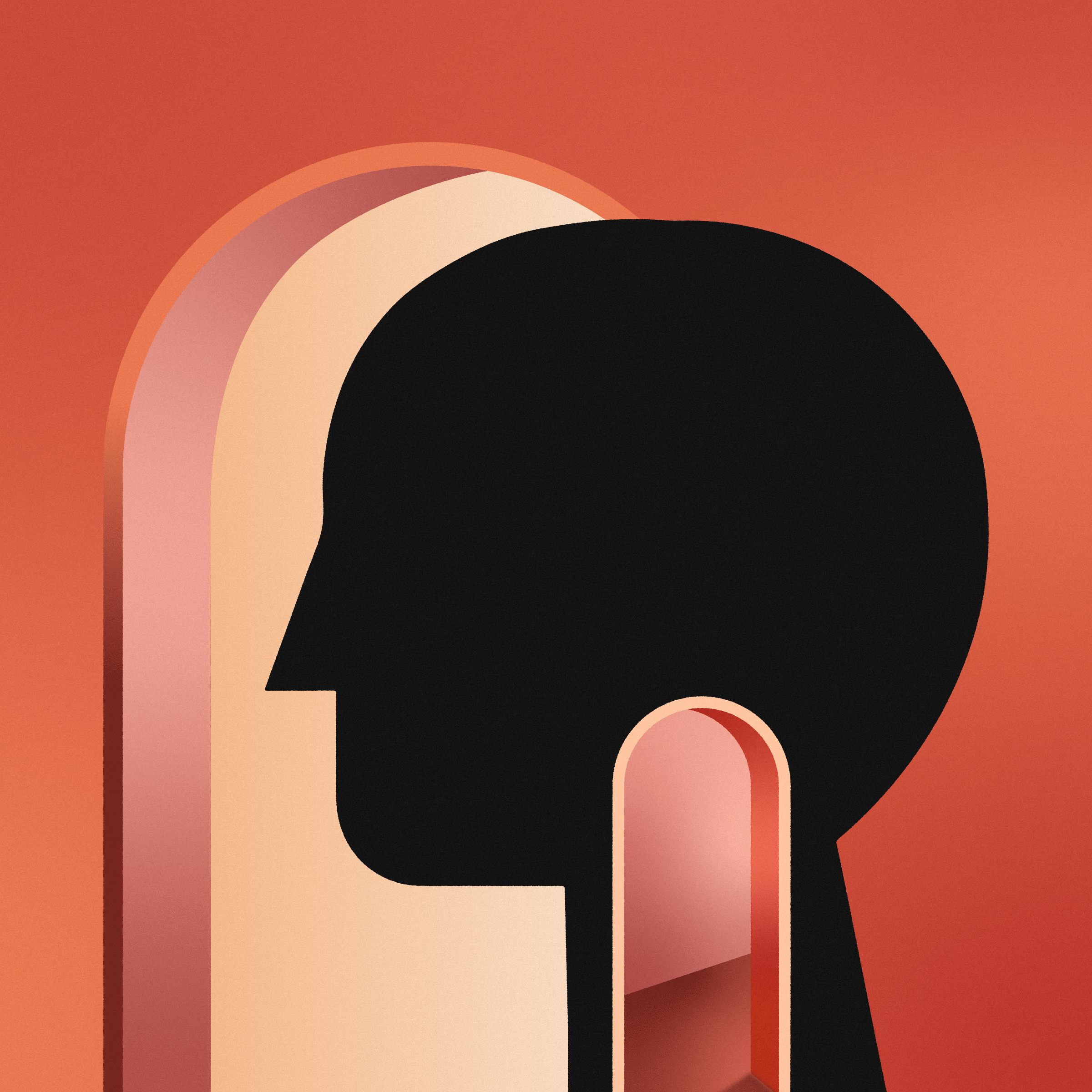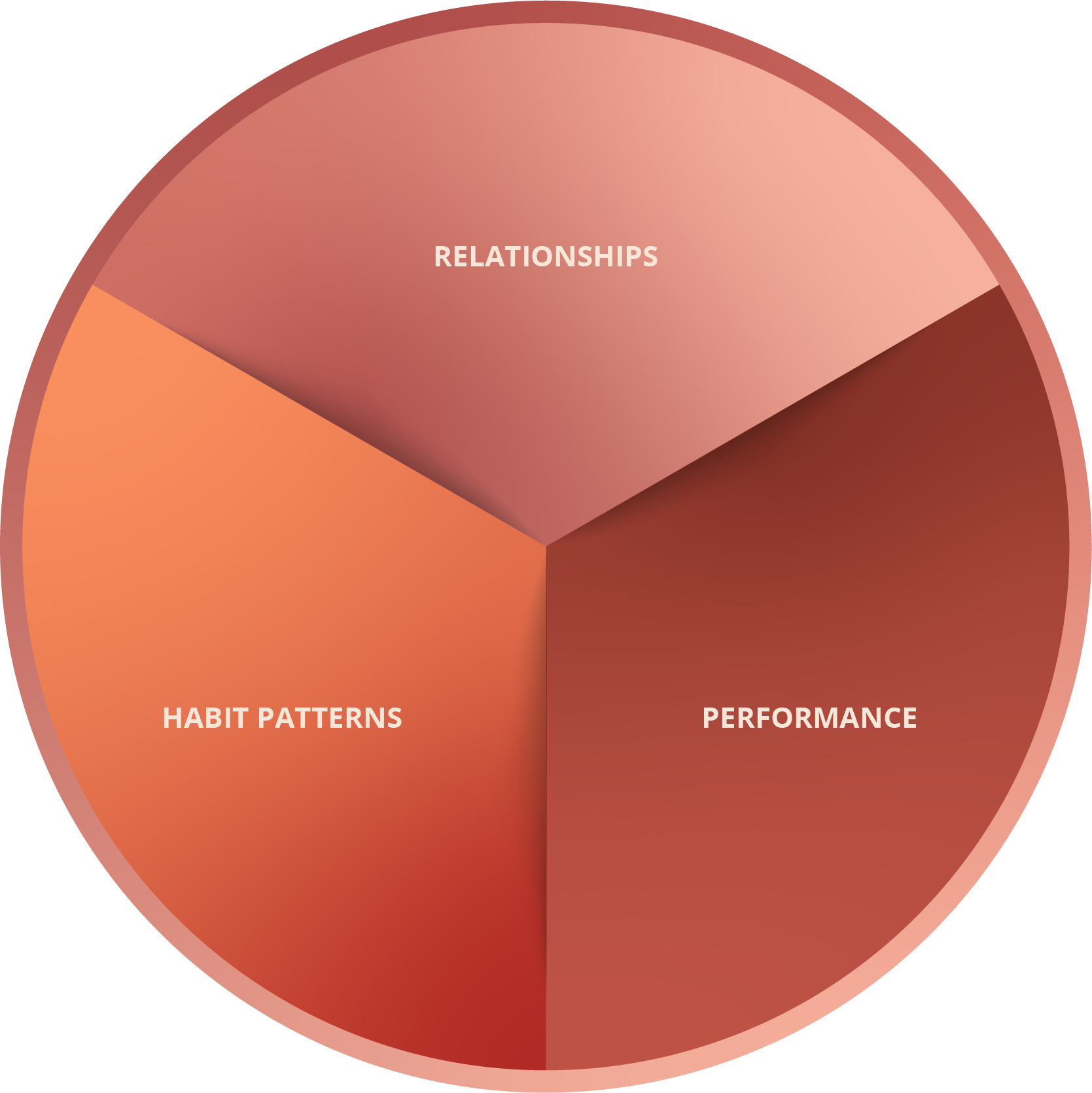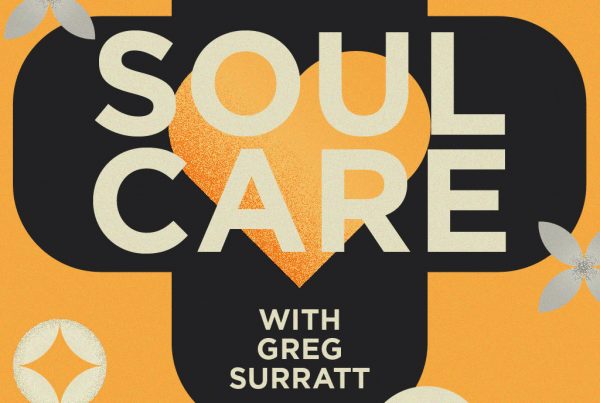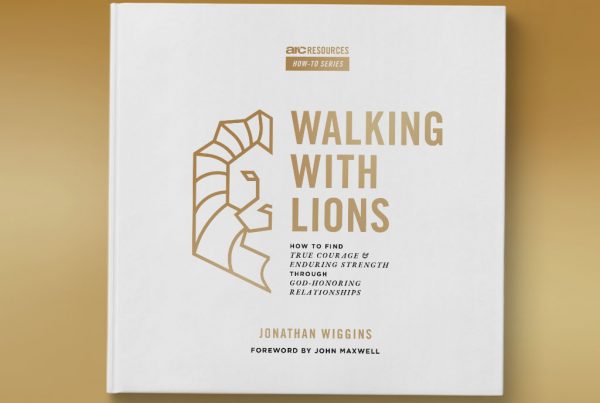
Mental Health and the Church
Interview With Dr. Henry Cloud
Dino Rizzo: Dr. Cloud, would you talk about your heart for both the Church and Churches that Heal? How can the Church be a place where hurting people can run to, and not away from?
Dr. Henry Cloud: We’re amid a mental health crisis. Hurting people would like to be able to run to the Church and know they will be understood and welcomed. My vision is that the Church will not only welcome and understand them, but also be equipped to help them.
When I started in this field, there was a concept called the integration of psychology and theology, which never made sense to me. The concept attempted to distinguish a spiritual problem, which required a pastor’s counsel, from an emotional problem, which required counsel from a Christian psychologist. Scripture doesn’t divide mental health into categories.
The Bible says God created one reality. There is one Gospel and there is one redemption. The premise that the Gospel can’t address mental health problems doesn’t make sense. I spent a lot of my early years looking at the Scriptures from a clinical perspective to answer the question, “What does the Bible actually say to do?”
I’m not saying we don’t need psychologists, psychiatrists, and medication. There are many situations when someone needs to go deep. But even in severe cases, when a hurting person has a church that will work alongside him, the healing process can be amazing.
Dino Rizzo: Everyone in ministry will encounter people with pain or trauma. How can the Church help people identify and heal mental health issues?
Dr. Henry Cloud: It’s very important for the Church to learn the language. When we talk about a mental health crisis, we’re not talking about rubber rooms and straightjackets. I would like us to think about mental health in terms of the three big pieces of the pie of life.

The first piece is how we feel, our emotional behavior. This is the clinical slice of the pie. It includes our depressions, anxieties, fears, addictions, and habit patterns, the things that keep us from thriving. Examples are when we just don’t feel good, our mood is down, we don’t have the energy we used to have, or we feel hopeless. All of us at some point in our lives will go through some level of stress or a mood disorder that could be clinically diagnosed. People with these problems are in our church pews, and the Church should be able to help them.
Relationships comprise the second big piece of the pie of life. Some people have very specific relational patterns that cause a lot of pain in their lives. They experience brokenness in their marriages, families, and extended families because of issues they have never had the opportunity to address. The Church can do a lot to help everyone involved in these situations.
The third piece of the pie relates to performance in life. Examples are when we question how to find our gifts and know who we are, when we don’t want to fear failure, and when we seek to reach a goal and be fulfilled. All this is a big part of mental health. The Church needs to realize that when we’re talking about mental health problems, we’re talking about all of us.

The Church needs to realize that when we’re talking about mental health problems, we’re talking about all of us.
There is no spiritual slice of the pie. Spirituality cuts through the clinical, the relational, and the performance areas. The Gospel must affect all of them. We want the Church to feel confident about addressing these things. We should be getting well as we get more spiritual. That’s one of the reasons I created Churches that Heal. It provides answers and processes that really work and are psychologically and biblically sound.
Dino Rizzo: We are living through a crazy time. How do pastors lead through this season, and what should we be doing to take care of ourselves and others?
Dr. Henry Cloud: The simple metaphor is to put the mask on yourself first, before turning to help someone in the seat next to you. You are shepherding people, but if you are sucking down the last little droplets of oxygen trying to make it to the next day then you are not in the helper role; rather, you are needing to be helped. If a football player tore up his knee, we would pull him from the game and let him heal. We would not risk wrecking his knee for life. Scripture is really clear about this. Hebrews 12:13 says, “Make level paths for your feet so that the limb that is injured might be healed instead of further put out of joint.”
I’ve talked to too many pastors who are working from a deprivation model. They are pouring themselves out, but nothing’s coming in. The New Testament is not a deprivation model; it is an overflow model. We tell people to pour themselves out as a drink offering, but from where? Romans 12:1 says, “…give your bodies to God because of all he has done for you.” 1 John 4:18 says, “We love Him because He first loved us.” 2 Corinthians 1:4 says, “He comforts us in all our troubles so that we can comfort others.”
We need to understand what something like a pandemic does to us. First, it tears apart our sense of connectedness. The foundation of a human being is relational connectedness with God and other people. Now we don’t see the people we used to see. We don’t have regular meetings. We don’t have our best friend at work. We don’t have our small group. A pandemic blows up all the patterns of our connections.
The second thing it does is completely disrupt the structure of our lives. We all organize our lives by routines. Our schedules might change slightly, but there are patterns that we follow. We get up in the morning, have our coffee, get the kids ready, get in the car and go to work, do our work, and have our meetings. Then the pandemic happened and—boom! That structure was gone. I woke up one morning and looked at my Outlook calendar, and it was blank. Everything had been canceled. People are swimming in white space. They have no structure to their lives.
The third thing the pandemic does is diminish our control over life. We are used to choosing when and where to come and go. We are accustomed to certain cause-and-effect rules. Now it seems as though we no longer have control over anything. The danger is in letting things outside of our control affect us negatively. When our minds turn to negative thinking, we tend to interpret things personally, pervasively, and permanently, and then we lose hope.

Create connection opportunities for your staff, your church family, your own family, and yourself.
To thrive in this environment you must proactively address each of these factors. Create connection opportunities for your staff, your church family, your own family, and yourself. Set some routines. If you have a three-hour white space on your calendar from 2 to 5 pm, write “I’m going to think.” The more structure you can provide, the more your brain knows what to expect.
Next, make a list of all the things you can’t control and surrender them to God. Then, make a list of all the things you can control and narrow these down to the priorities for your team and you. People want to feel like they’re moving forward, using their gifts, and accomplishing something every day. Use this as a time to innovate and reinvent.
Churches That Heal is an online, mental health training program from clinical psychologist Dr. Henry Cloud. Churches that Heal is a comprehensive digital program designed to equip churches, pastors, and the Body of Christ to experience emotional health and respond to mental health issues in their communities. To learn more, visit churchesthatheal.com.






So good!! Thank you!
We are working through Churches That Heal with our team (they are our “staff”), and we are focusing on it this fall in all of our small groups. Then what? The mental health of our community is a HUGE issue for us. We are in agreement to tackle it and not ignore it. We are covering – aggressively – our approach in prayer + using the program.
We have arrived at these issues:
*How to asses mental health in our volunteer leaders + deal with difficult decisions based on unhealth.
*How to build and maintain leadership in a depressed community (both financially + spiritually).
*Leading our families through ministry to a depressed community.
We are not backing down, but we have faced opposition internally and externally. Plus some serious denial of unhealth. We could use some specific guidance in these areas.